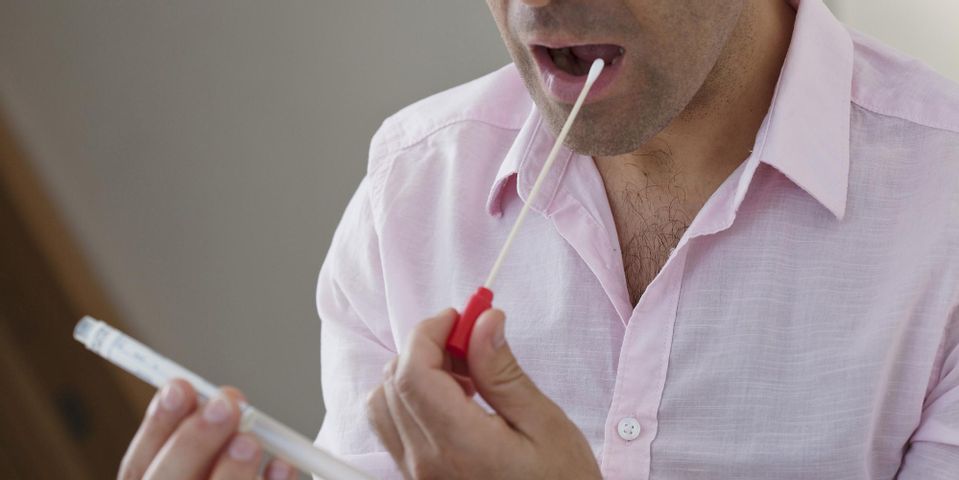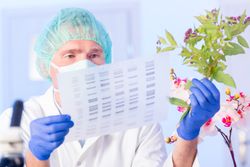A Guide to Paternity Test Accuracy

Paternity testing is an important resource that can clarify someone’s parentage. That said, it’s important to learn about potential methods of fraud that can occur with testing. Use this guide to learn more about paternity testing fraud as well as instances where the test’s results could be called into question.
Committing Fraud
There have been instances of people tampering with the submitted DNA sample to change the results. For instance, the mother can submit the DNA for a child that is already confirmed to be a father’s offspring to ensure the same individual tests positive for the other child.
Other scenarios include a man submitting someone else’s DNA in place of his own to ensure a negative result, or one of the parents tampering with the envelope containing the DNA and putting a different sample in its place.
Some potential parents opt for a legal paternity test to avoid these scenarios. This involves both parties being present for the DNA swabbings, as well as the packaging and mailing of the samples.
Testing Relatives
 It is technically possible for a biological relative to test positive for a child. Most testing facilities confirm a parental match by studying between 16-20 genetic markers. However, a father shares 50% of the same DNA as his son, while brothers, uncles, nephews, grandfathers and grandsons share 25% of the same DNA. This could result in a relative testing positive.
It is technically possible for a biological relative to test positive for a child. Most testing facilities confirm a parental match by studying between 16-20 genetic markers. However, a father shares 50% of the same DNA as his son, while brothers, uncles, nephews, grandfathers and grandsons share 25% of the same DNA. This could result in a relative testing positive.
To narrow down the exact father, both potential fathers with the genetic link should take a test. If one man is unable to do so or is unwilling, it’s important for the other potential father to point out to the lab their relation. The lab can then take this information into account when conducting the test.
Detecting Fraud
A testing facility can sometimes detect fraud if the sample does not match what is already known about the child. For instance, a child could be a male, but the DNA swab submitted belongs to a female.
Unfortunately, there is not much else a testing facility can do to determine fraud, especially if the test was conducted at home. This is because the facility would be unable to find out if the DNA submitted was the person claiming to have taken the test. Because of this, results for at-home tests are inadmissible in court.
If you need a paternity test performed, contact EMSI-BiState Professional Services in Chesterfield, MO. This ABB-accredited laboratory can perform testing for various scenarios, such as verifying parents of siblings. In addition, they can perform tests required for insurance, employment, or substance abuse programs. For more information on their services, visit them online or call (636) 537-3200.
About the Business
Have a question? Ask the experts!
Send your question

